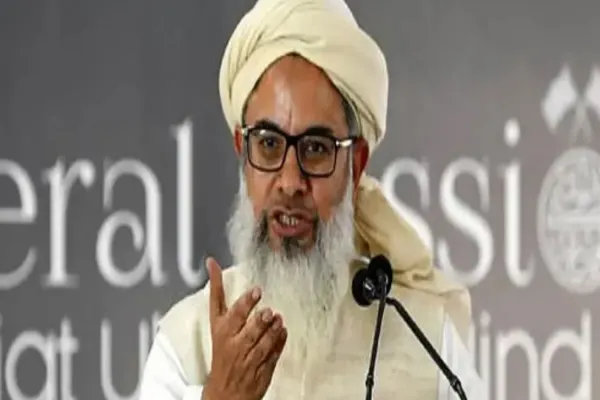i NEWS INTERNATIONAL
C.Rufin
In the wake of the recent ICC ruling barring transgender individuals who have undergone male puberty from participating in women's cricket at the elite level, the conversation around inclusivity, fairness, and the evolving landscape of sports has gained renewed significance. A Canadian transgender cricketer Danielle McGahey has announced her retirement from international cricket following the International Cricket Council's (ICC) decision to exclude players who have undergone male puberty from competing at the elite level in women's cricket.
However the Australian-born, expressing disappointment in an Instagram post, pledged to continue the fight for equality in women's cricket. Her sentiment reflects the broader struggle within the sporting community to strike a balance between inclusivity and maintaining a level playing field. This move, in line with decisions made by other sporting bodies, such as those governing swimming, rugby union, cycling, and athletics, has ignited a passionate debate on the intersection of inclusivity, fairness, and the integrity of women's sports.
This decision, mirroring rulings in other sports, raises pertinent questions that resonate not only globally but also within the context of cricket-loving nations like India and Pakistan where both men’s and women’s cricket is being played with great enthusiasm. Cricket is more than just a sport in these countries; it's a cultural phenomenon that unites diverse populations. As discussions around transgender inclusion in cricket unfold, it is crucial to consider the cultural nuances and societal perspectives prevalent in South Asia.
In India and Pakistan, where cricket is a source of national pride and a platform for breaking societal barriers, the ICC's decision may spark varied reactions. On one hand, there might be a recognition of the need to uphold fairness and maintain the integrity of women's cricket, aligning with global trends in sports regulations. On the other hand, there could be concerns about the potential exclusion of talented transgender athletes who aspire to compete at the highest level.
Given the traditional gender norms in South Asian societies, the transgender cricket dilemma might elicit complex reactions. It becomes essential for cricket boards, policymakers, and cultural influencers in India and Pakistan to engage in open dialogues that consider the intersection of sports and identity. Such conversations can help bridge understanding, foster acceptance, and work towards solutions that uphold both the principles of fairness and inclusivity.
As the cricketing fraternity in these nations navigates this evolving terrain, it provides an opportunity to lead by example. By actively participating in the global discourse on transgender inclusion in sports, India and Pakistan can contribute to shaping a future where cricket is not only a symbol of unity but also a platform for breaking down societal barriers and promoting inclusivity on and off the field.
The nuanced approach taken by the ICC, subjecting the ruling to a two-year review, offers a model that can be adapted and refined in the unique context of South Asian cricket. Ultimately, the retirement of Danielle McGahey and the ensuing discussions should prompt introspection within the cricketing community, urging stakeholders to foster a supportive environment that respects the rights and aspirations of transgender athletes while ensuring the continued growth and competitiveness of the women's game.
Credit: Independent News Pakistan (INP)









